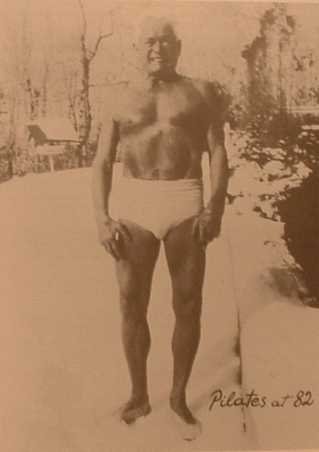I decided to post this after reading the "Die at 80" topic:
http://outside.away.com/outside/bodywork/200604/high-intensity-training-1.html
It is an article from Outside magazine suggesting that brief, very intense physical exercise can increase natural human growth hormone (HGH) production and presumably slow the aging process.
I recall hearing many years ago that HGH production starts to decline in the 20s but that exercise stimulates production but have never bothered to research it.
(I'm an aerobic sports addict anyway so I would probably continue to do it even if it was unhealthy!)
The downside? It hurts and it is easy to get injured. I relearned that this week when I pulled a hamstring while doing 400m running intervals (part of the normal routine).
MB
http://outside.away.com/outside/bodywork/200604/high-intensity-training-1.html
It is an article from Outside magazine suggesting that brief, very intense physical exercise can increase natural human growth hormone (HGH) production and presumably slow the aging process.
I recall hearing many years ago that HGH production starts to decline in the 20s but that exercise stimulates production but have never bothered to research it.
(I'm an aerobic sports addict anyway so I would probably continue to do it even if it was unhealthy!)
The downside? It hurts and it is easy to get injured. I relearned that this week when I pulled a hamstring while doing 400m running intervals (part of the normal routine).
MB

